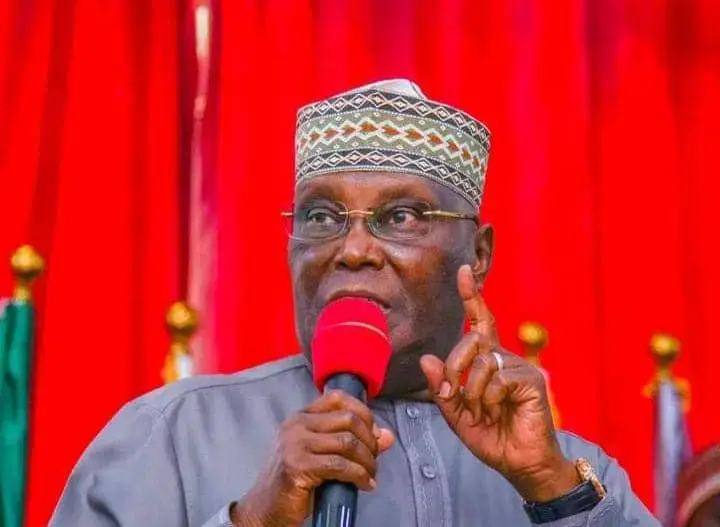open defecation-free local government areas in the country was not
impressive.
The Permanent Secretary of the Ministry, Mrs Didi Walson-Jack, said
this at the opening of the National Retreat for states on the Clean
Nigeria campaign in Abuja.
According to her, the Clean Nigeria campaign was informed by Nigeria’s
unfortunate position among top countries, with the highest number of
people practicing open defecation, estimated at 46 million.
She said that the campaign was aimed at mobilising high level
political support, resources and the entire populace towards building
a new culture of safe sanitation.
“Following the national launch of the campaign, many states followed
suit with the launch of their state-level campaigns and target dates
which ranged from 2022 to 2025.
“As at December 2021, all states had launched their campaigns which
was a good indication of commitment to driving the campaign.
“However, in spite of these state-level official launches, not much
was going on regarding implementation and achievement of results, in
meeting the campaign objectives in many states.
“As at January 2022, only 76 Open Defecation Free (ODF) LGAs had been
achieved. While this is a good progress, it was not significant enough
to put us on course of our national target of an ODF Nigeria by 2025.
“Also, the spread of the 76 ODF LGAs was limited to only 12 out of the
36 states and the FCT. This means that 24 states and the FCT have not
been able to contribute any ODF LGAs to the national statistics”, she
added.
Walson-Jack said it was worrisome that commensurate allocation of
human and financial resources needed to drive the campaign was not in
place, thereby leading to states’ inaction in driving the campaign at
the sub-national level.
She, however, commended the progressive States who had demonstrated
that achieving an ODF community and LGA was possible, noting that it
had reinforced the belief that having an ODF State and country was
possible.
Ms. Evelyn Mere, Country Director, WaterAid, said crafting a robust
multi-sector enabled National Sanitation Policy that was fit for
purpose would meet the challenge head-on at the scale faced by
Nigerians.
Mere said that the challenges of meeting the Sustainable Development
Goal targets on universal access to sanitation remained a daunting
one, saying that with collective responsibility and commitment,
progress could be made.
“Nigeria is both strategic and significant in delivering on
Sustainable Development Goal 6 for the world. Achieving progress in
Nigeria would have a transformational impact on access on a global
scale.
“Toilets are important and can make the difference. We cannot afford
to let ourselves, our children and future generations down”, Mere
added.
Dr Kelias Msyamboza, WHO Representative, said success in ODF was a
success for Nigeria’s public health, national economy and
environmental performance.
He said if Nigeria ended open defecation, the spikes in cholera
outbreak would be reduced and families would also save medical costs
on preventable faecal-oral diseases and deaths.
“Obviously there is a fiscal gap in investment not just in sanitation,
but the WASH sector, the Sanitation and Hygiene Fund (SHF), in
collaboration with the Federal Ministry of Water Resources, finalised
and launched the Nigeria WASH Account (TRACKFIN) report.
“This report revealed that Nigeria’s total WASH Expenditure was N3.6
trillion, or 2.8 per cent of GDP, with a low per capita spending of
N18,492 ($60) from the government, donors, private sector and NGOs.
“The report also showed that only four per cent of Nigeria’s total
WASH expenditure went into sanitation, justifying greater need to
close the funding gap on sanitation in particular and WASH in
general”.
Msyamboza pledged the commitment of the UN body to continue to sustain
and support collaborative efforts with the government and other
partners, to improve sanitation and end open defecation in Nigeria.
(NAN)








